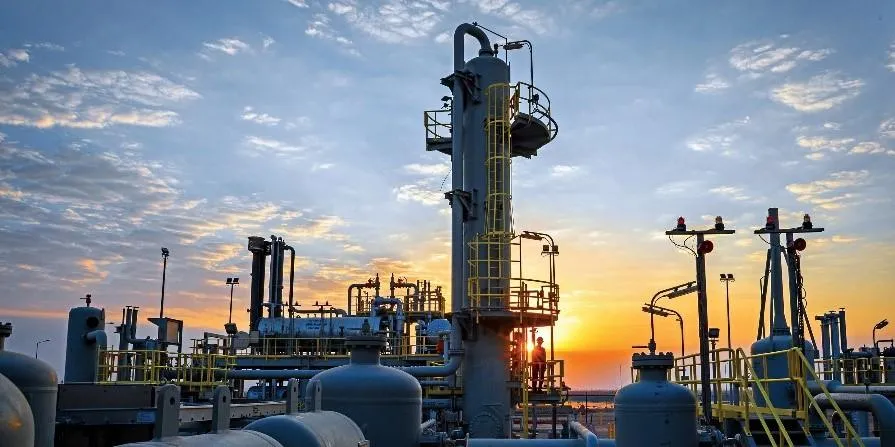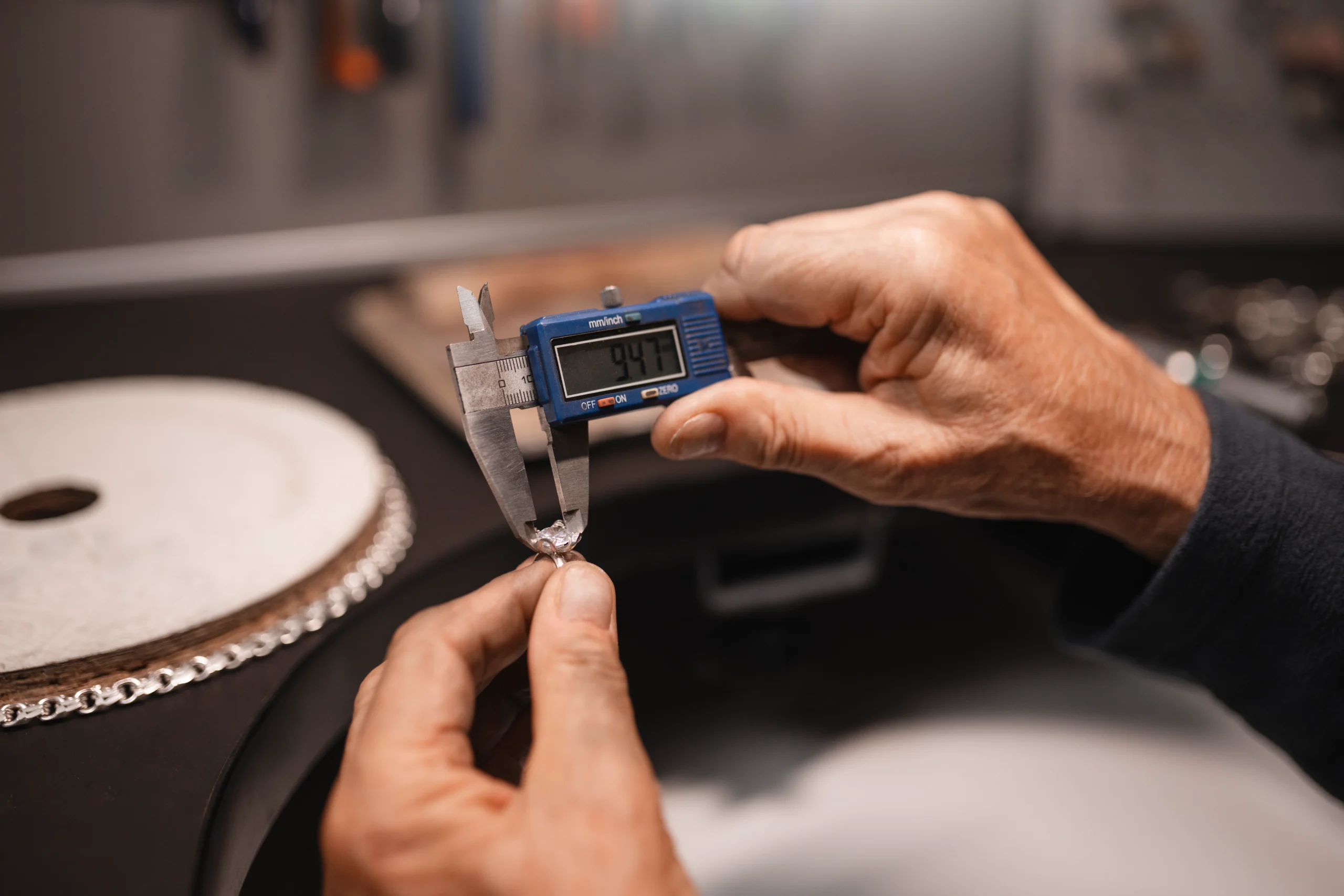Saudi Arabia stands at the forefront of the transition to renewable energy, vigorously investing in solar, wind, and hydrogen projects. From NEOM’s hydrogen innovation to large-scale solar installations in the desert, the Kingdom is rapidly diversifying its energy landscape as part of Vision 2030. One essential but often overlooked factor critical to the success of these ventures is calibration services. Precision calibration is not just a technical step; it’s a strategic pillar for efficiency, safety, compliance, and long-term profitability within the booming renewable energy ecosystem.
With the Saudi Arabia calibration services market expected to expand significantly in the coming years, driven by industrial diversification, stringent quality requirements, and the expansion of smart manufacturing and digital energy infrastructure, choosing the right calibration partner is a strategic business decision. This guide provides actionable insights for project owners, engineers, procurement consultants, and investors tasked with building Saudi Arabia’s sustainable future.
Why Calibration Services Matter for Renewable Energy Projects
Calibration services refer to the systematic verification and adjustment of measurement instruments to ensure they provide results within defined tolerances. For renewable energy projects in Saudi Arabia, the accuracy of instrumentation underpins every aspect of project performance:
- Reliability and Efficiency: Calibrated sensors and meters ensure optimal performance in solar farms, wind parks, and hydrogen facilities. Inaccurate readings can lead to underperformance, reduced yield, or costly downtime.
- Regulatory Compliance: Saudi Arabia enforces strict national and international standards (including ISO/IEC 17025 and ISO 14001) for renewable energy projects, especially as the market attracts global collaborators and investors. Calibration services are essential for meeting these requirements, avoiding regulatory penalties, and maintaining export eligibility.
- Asset Protection and Lifecycle Management: Regular calibration reduces wear on expensive equipment and helps predict maintenance needs, extending asset lifespan and reducing overall costs.
- Data Integrity: Accurate and traceable data is the backbone of energy metering, reporting, grid billing, and smart city integration, allowing for trustworthy environmental and financial assessments.
As Saudi Arabia scales up renewable energy development, robust calibration services have become inseparable from every successful, future-ready project.
The Calibration Landscape in Saudi Arabia
The calibration services industry in Saudi Arabia is experiencing rapid evolution. Established providers operate in major hubs such as Riyadh, Jubail, Dammam, Jeddah, and expanding industrial cities. Many calibration companies offer accredited, certified solutions for both local needs and international compliance, covering all forms of instrumentation electrical, environmental, mechanical, and chemical.
Government-driven initiatives, such as the National Measurement and Calibration Center (NMCC) through SASO, facilitate access to top-tier calibration, documentation, and certification services to meet the demands of the Kingdom’s diverse industry sectors. As new industrial zones like the King Salman Energy Park (SPARK) attract world-class manufacturers and technology providers, calibration services become a vital part of operational excellence.
Key Factors to Consider When Choosing a Calibration Service Provider
Choosing the right calibration services partner in Saudi Arabia involves far more than simply finding a laboratory. It is about building a trusted relationship that underpins your project’s credibility and operational reliability. Here is what you should evaluate:
1. Accreditation and Certification
- Ensure your calibration service provider is ISO/IEC 17025 accredited a global benchmark for laboratory quality and competence.
- Check for recognition by the Saudi national standards authority (SASO) and a proven track record of compliance with international standards for renewable energy.
- Accreditation provides legal proof and regulatory assurance, a must for both domestic and international renewable energy projects.
2. Expertise in Renewable Energy Calibration
- Providers should demonstrate specific experience with renewable energy equipment, including calibration of photovoltaic (PV) sensors, wind anemometers, inverters, weather stations, battery storage monitoring, and grid interface devices.
- Seek out case studies, references, or project portfolios showing experience with Saudi solar or wind installations.
3. Geographic Reach and Local Support
- Saudi Arabia’s vast geography makes proximity important. Service providers with laboratories and support offices in your region (e.g., Jubail, Riyadh, Dammam, or key industrial hubs) can decrease turnaround times and provide fast on-site assistance.
- For remote or off-grid renewable energy projects, the ability to mobilize field technicians and mobile calibration labs is essential.
4. Technological Capabilities
- The adoption of smart grids, IIoT (Industrial Internet of Things), and automation in Saudi’s renewables sector calls for calibration companies with advanced, digital solutions.
- Look for providers equipped with the latest standards-traceable equipment, automation in calibration, electronic certificates, and secure data management systems.
- The provider’s process should integrate with your asset management, maintenance, and operation protocols.
5. Service Portfolio & Flexibility
- Calibration services should be comprehensive offering initial setup, routine recalibration, emergency support, troubleshooting, and even consulting.
- Flexible agreements and the ability to calibrate a broad range of instruments, from temperature and pressure sensors to smart meters and communication equipment, are vital for fast-paced renewable energy environments.
- Consider providers who offer value-added offerings like predictive maintenance analysis, on-site training, or remote monitoring integration.
6. Regulatory and Documentation Support
- Proper documentation is critical for audits, compliance checks, grid integration, and warranty claims. Providers should issue detailed, digital calibration certificates that are easy to retrieve for regulators, financiers, and internal audits.
- The best calibration services in Saudi Arabia also help you schedule timely recalibrations and offer reminders aligned with warranty, regulatory, or operational requirements.
7. Industry Reputation and Partnerships
- Partner with calibration companies that have demonstrable, positive relationships with regulators, government agencies, and major infrastructure developers. This reflects credibility and a robust network for staying ahead of regulatory and technological changes.
- Providers active in global certification programs, international training, and industry benchmarking demonstrate a higher standard of service and integration.
How Calibration Powers the Future of Renewable Energy in Saudi Arabia
Meeting Vision 2030 Goals
Saudi Arabia’s Vision 2030 is not just a national strategy it has become a global benchmark for energy transition. industrial diversification, and climate ambition. Achieving these targets relies on reliable, high-quality renewable energy outputs, which in turn depend on rigorous calibration services. From solar megaprojects in Tabuk to wind installations in the western mountains. calibration ensures every kilowatt-hour is measured, reported, and monetized accurately.
Supporting Smart Cities and Digital Integration
The continued rollout of smart cities across Saudi Arabia. such as NEOM, means millions of data points flow from renewable energy sources into digital platforms. Accurate calibration of meters, weather monitoring, power quality sensors. and battery management systems is essential for trustworthy energy management and grid stability.
Driving Investor Confidence and Export Potential
For Saudi renewable energy to attract foreign investment. bankable data and compliance paperwork are required. Rigorous calibration underpins transparent reporting, risk mitigation. and the ability to scale or export clean energy to regional grids or global hydrogen markets.
Trends and Innovations in Calibration Services
Integration with IIOT and Smart Manufacturing: As digitalization increases. calibration providers are investing in tools and systems that seamlessly collect, store, and audit data, minimizing manual intervention and error.
Predictive Maintenance: Future-focused companies are leveraging accurate calibration to move toward predictive, rather than reactive, maintenance schedules.
Automation and Remote Support: Mobile and automated calibration units, as well as remote support, reduce downtime for large renewable installations across the Kingdom.
Sustainability and ESG Reporting: Reliable calibration supports accurate ESG (environmental, social, and governance) reporting a growing priority for investors, lenders, and global partners.
Conclusion: Investing in the Right Calibration Partner
Choosing the best calibration services for renewable energy projects in Saudi Arabia is a decision that resonates across the entire project lifecycle from the first installation through decades of operation. As the Kingdom’s clean energy ambitions become reality, project developers must prioritize calibration for its crucial role in efficiency, compliance, and profitability.
The most successful projects whether solar farms stretching across Tabuk or wind turbines powering remote desert towns will be those underpinned by accurate, certified calibration services from partners with proven expertise, modern technology, and a strong Saudi presence. The investment in high-quality calibration services is an investment in your project’s productivity, safety, data integrity, and regulatory future.
Empower your renewable energy project in Saudi Arabia with world-class calibration services and ensure every measurement is a foundation for success.






